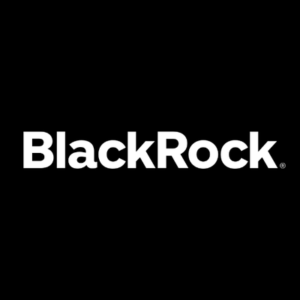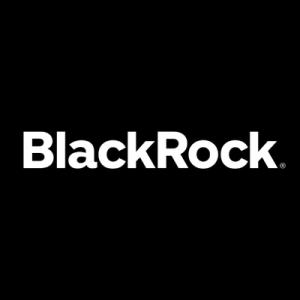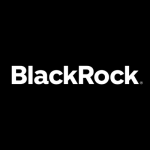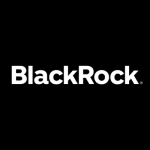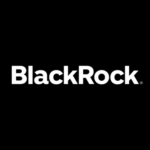The BlackRock Throgmorton Trust Plc (LON:THRG) aims to provide shareholders with long-term capital growth and an attractive total return by investing primarily in UK smaller companies and mid-capitalisation companies traded on the London Stock Exchange.
Company Info
Company Info
Useful Documents
Portfolio Manager
- Dan Whitestone - Manager
Share this page
Twitter
LinkedIn
Facebook
Email
WhatsApp

